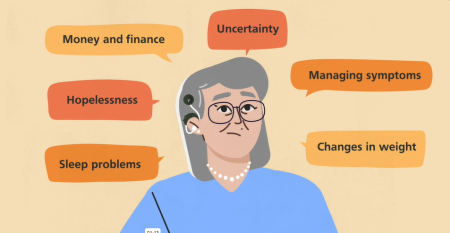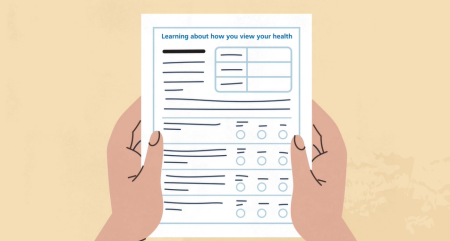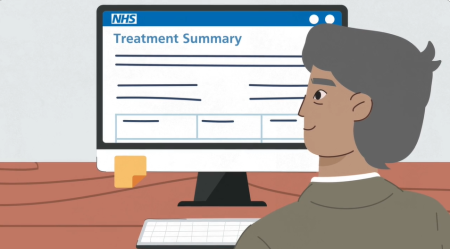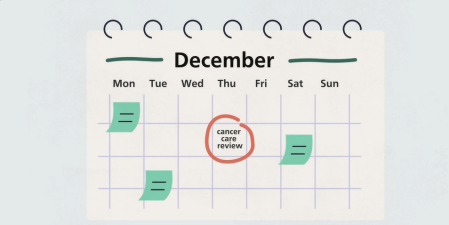The Personalisation Programme aims to improve the transition of patients who require further community support and are finishing active treatment. We are working to ensure that people feel appropriately informed, guided and supported based on their own needs. The digital offer will be available for patients and professionals with a multitude of support options. This Personalisation model will be integrated across acute and the community.
People of Lincolnshire felt at the end of their cancer treatment that they were ‘falling off a cliff edge’. Within the Personalisation Programme, a holistic model will be implemented to support the patients and people of Lincolnshire. The model will standardise the offer of holistic support across tumour sites and streamline care between primary and secondary sectors.
Lincolnshire Living With & Beyond Cancer Personalisation Film

.

The PAM® is a questionnaire comprising 13 questions. The responses match the respondents to one of four levels of ‘activation’, each of which reveals insight into a range of health-related characteristics, including behaviours and outcomes.
The PAM® is used in conjunction with care and support planning and a range of interventions to support self care.


The Personalised Care Leaflet
This leaflet has been designed to provide patients with an overview of the care and support available to people effected by cancer. This includes information about the care patients can expect to receive following diagnosis, during their cancer journey and after their cancer experience.
To download the leaflet, click here.
Access this leaflet in alternative languages by clicking here.
Then select show accessibility tools at the bottom of the page and select the required language from the drop down.
Self Management
Following your treatment you may want to get back to activities you enjoyed before your diagnosis or may even want to try something new. You can find a range of support that Lincolnshire can offer to get you back to feeling yourself again.

